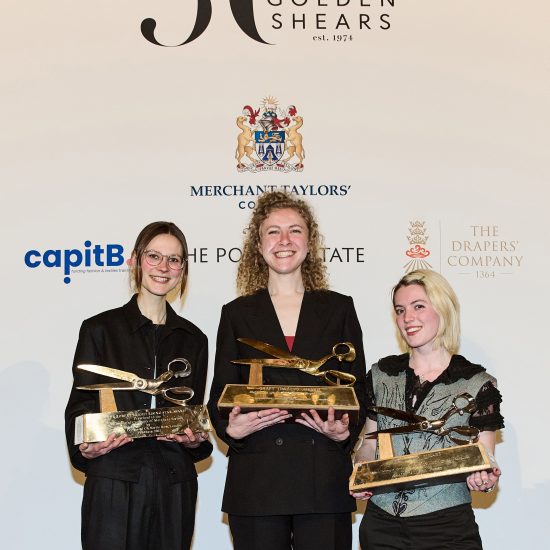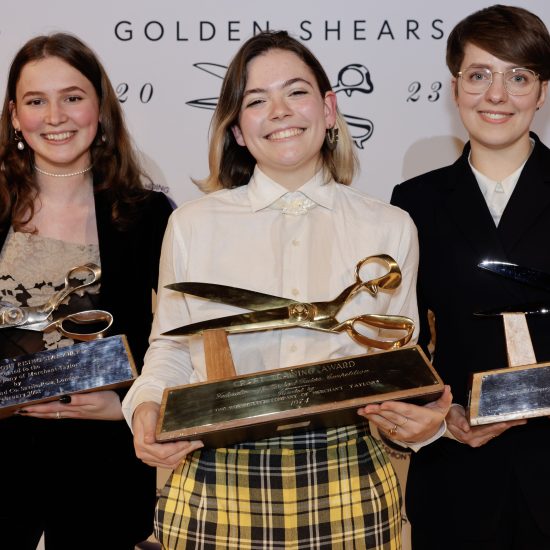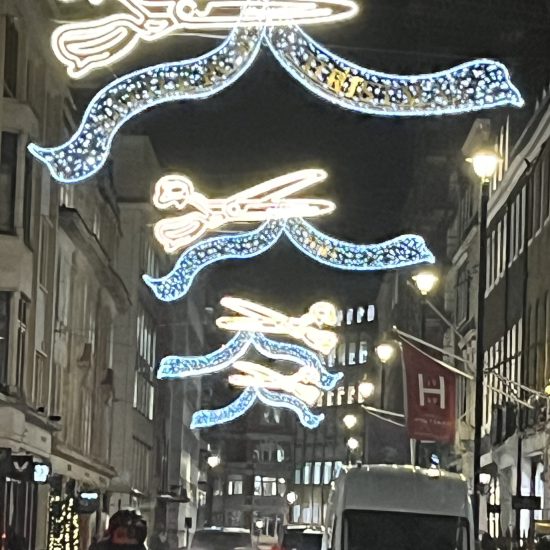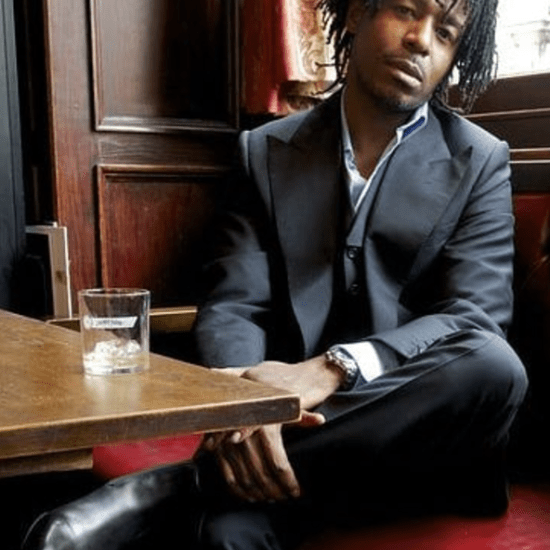
By Diana Butler
A tiny part of France is responsible for the world’s entire champagne supply. Thanks to a strict geographical indicator (GI) anything made outside that region, and not made according to appellation rules, has to be labelled sparkling wine or perhaps Prosecco. Now, thanks to some impressive work from the Savile Row Bespoke Association (SRB), in association with Harris Tweed Authority, Savile Row might soon be able to be equally draconian about its name and references to bespoke tailoring.
The man championing this landmark case for Savile Row is Dege & Skinner’s Managing Director William Skinner, pictured above, Chairman of SRB. Not surprisingly for a man who has spent most of his life on the Row, “I think I first started working here when I was seven – I would be given the job of counting the buttons at the annual stocktake”, Skinner is passionate about protecting the name. “Preserving the quality of the bespoke tailoring that is cut and made on Savile Row, as well as protecting Savile Row’s well-earned reputation for sartorial excellence, is fundamental for our tailors to thrive,” said Skinner. “Members of the Savile Row Bespoke Association are experiencing significant increases in counterfeiting in key foreign markets and fighting such infringements is proving to be extremely costly for individual companies. Enforcement of GI status at the EU level would help protect the valuable IP of our members, and promote the continuation of Savile Row as a thriving centre of excellence for bespoke tailoring for men.”
The Savile Row case is making headlines across Europe because if it is successful it will be the first time GI has been awarded to a non-food product. It already has a proven track record with the likes of Champagne, Parma Ham and Stilton and William Skinner believes that GI status can be just as effective for bespoke tailoring. “GI will strengthen the name of Savile Row and what we do as a trade and also stop people trying to jump on the bandwagon saying that they are Savile Row tailors when they are not. It will cut out any misuse of the name.
“Although we are still in the early stages, the more I look at it the more I can see how it will assist our industry. I am sure it will benefit the apprentices as they are tied a Savile Row house and if that is covered by GI protection then they are the only people who can call themselves Savile Row tailors.”
The apprentice scheme is already an SRB success story. The Association overseas the training of the apprentices, the standards and awards that are given for our tailoring courses and ensures that apprentices receive a certificate after their training. “That never used to happen apart from days of the Tailor and Cutter Academy,” explains Skinner. “A certificate gives them something to strive for and the youngsters want to have something to show for all their hard work. We have a young and vibrant workforce who is skilled and trained so all we are doing is protecting our future. Of course we need to maintain this flow of young people coming into this trade and fortunately there doesn’t appear to be a shortage which is good.”
Of course William Skinner knows only too well the importance of a good apprenticeship. The fifth generation Skinner to work in the business, he learnt his skills from the bottom up. “I always wanted to carry on the family tradition and there was a strong incentive to come into the business, to follow in my father’s footsteps,” said Skinner. “So I had two years of outside training when I first joined Dege & Skinner. Not only did I spend some time with a woollen mill in Yorkshire, but also three months with Austin Reed, including a spell at the Chester Barry factory. Here I saw clothes manufactured in a similar vein to what we do, here but on a wider scale.
“I also had a chance to see the Austin Reed factory where they would take just over an hour to make up a suit. I worked in the made-to-measure department in Austin Reed’s flagship store on Regent Street – an excellent opportunity to see how a larger business operates, although a lot of those business practices translate to a smaller operation. I also spent time working for a kilt maker – that was good fun working in Edinburgh. I was employed by the business to get the outside experience, but when not on these sabbaticals I would be in London working here [10 Savile Row].”
Now William has children of his own, but has no plans to push them into this world of bespoke tailoring. “I think my father is quite glad that I came in here but he wouldn’t have stood in my way if I had wanted to do something else. I have a 13-year-old boy and an 11-year-old daughter and if they want to come into the business I would love it. However there is a lot of other things in this world and so I want them to make their own minds up and come into it from their own free will. Ok so there are still a few years to go, but my son is showing signs of interest and I have got both the children up here during holidays for work experience – it’s nice for them to get a taste.”
If the next generation of Skinners do enter the Row they might find plenty that is familiar because the Association has worked tirelessly to maintain the history and integrity of the Row. “Although there are fewer family businesses,” explains Skinner, “the board of Savile Row Bespoke is made up of people who are passionate about Savile Row and passionate about tailoring on Savile Row. Foreign investment comes in because of the name, of what we stand for. This is why we have to protect ourselves.”
Hopefully the tailors of Savile Row will soon armed with the best weapon of all in the never ending battle against forgeries and fakes – a geographical indicator.








